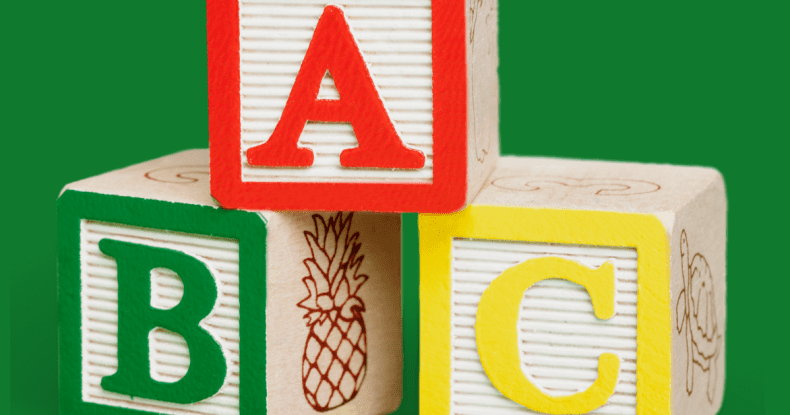Today, I’m switching things up and sharing not one but three memoirs—all using an uncommon alphabetical or index, like an encyclopedia.
It’s a creative way to organize life stories, and I think you’ll find it inspiring.
Amy Krouse Rosenthal’s Encyclopedia of an Ordinary Life is quirky and fun. Joan Wickersham’s The Suicide Index is more serious and uses an index format to explore her father’s suicide. Naomi Cohn’s The Braille Encyclopedia mixes essays and prose poetry to discuss her vision loss.
Each book proves you don’t need a traditional timeline to write a powerful memoir.
Would you ever tell your story this way? Why or why not? Tell us your thoughts in the comments section below.
Regardless of how you structure your memoir, always remember, the only way to do this wrong is to not do it at all!




This makes me think of the structure of Sonja Livingston’s memoir Ghostbread, each paragraph just a few paragraphs. And my local writing class is currently trying ABCDarians, based on this poem: http://sharkreef.org/non-fiction/muse/.
Patricia, thank you for giving us another possible tool for memoir writing. I haven’t read any ABC memoirs, but I can easily see how the format could be useful for gathering otherwise seemingly unrelated snippets. I’m thinking of trying it out with my England memoir, which is suffering from the lack of uninterrupted linear memory of the years involved. I’ll definitely search out the books you’ve recommended here.
I just read excerpts of the Encyclopedia book. I found it exhausting. I don’t believe I would ever entertain using this structure. (Make that a definite no on using this structure.)
I was unaware of this structure, but I have been organizing a collection of random stories into Sue Grafton’s alphabet mysteries format, (A is for Alibi)
Always inspiring to listen to you Patricia. I’ll buy and pack in my suitcase ”Encyclopedia of an Ordinary Life” and let you know my thoughts upon my return in September from my summer in the outskirts of Avignon Provence. As you already know, France being my native country I hope it to be another inspiring trip for my writings. Love to all.
I’m jealous, Thierry. I love Avignon especially the song Sur le Pont d’Avignon sung and danced to under the bridge, not as the words in song suggest on the bridge. A Kindergarten Team Teacher told our students the song, dance and story and while she played the tune on the piano, I and the children danced and sang the song. Thirty some years later, 1995, when my husband and I were in Avignon, I was able to sing and dance Sur le Pont with some locals by what remains of the bridge. The Rhone River floods has destroyed most of… Read more »
Great to hear from you Thierry. Sounds like you are doing well. We miss you!
Hi Julie, thank you, great to hear from you too. Hope you are doing well.
This really appeals to me since I am an organizer. Thanks for the book titles. And just to let you know, I have shared your email with my critique group, and yesterday (when we met) we wrote on your prompt “Before and After.” If you are interested, you may read my version on my blog, http://connieannscorner.blogspot.com/ It’s now the second one down. Thanks so much for sharing your vast knowledge so freely!
I read it, Connie, thank you. It inspires me to try my own version with pix. PS I wrote a “Before and After,” which I thought was a First Tues prompt, but can’t find it on that page. Can you point me in the right direction?
TIA
Thank you so much! Here’s the link to that, but I don’t see your “before and after” either, sorry. https://lifewriters.us/143-before-after/
Tx that’s because I was looking for it on the First Tuesday page not the blog!
Driving My younger brother and sister got to do and have a lot of things that I missed out on. Was it because I was the first born, or that older parents (30 and 35) might have been more cautious? Do most parents lighten up when the family gets bigger and they have more balls to juggle? Or was it lack of funds in the early ‘40s? The country was just coming out of the Depression when I was born three weeks after Pearl Harbor, and headed for a time of rationing, when the culture was focused on saving (for… Read more »